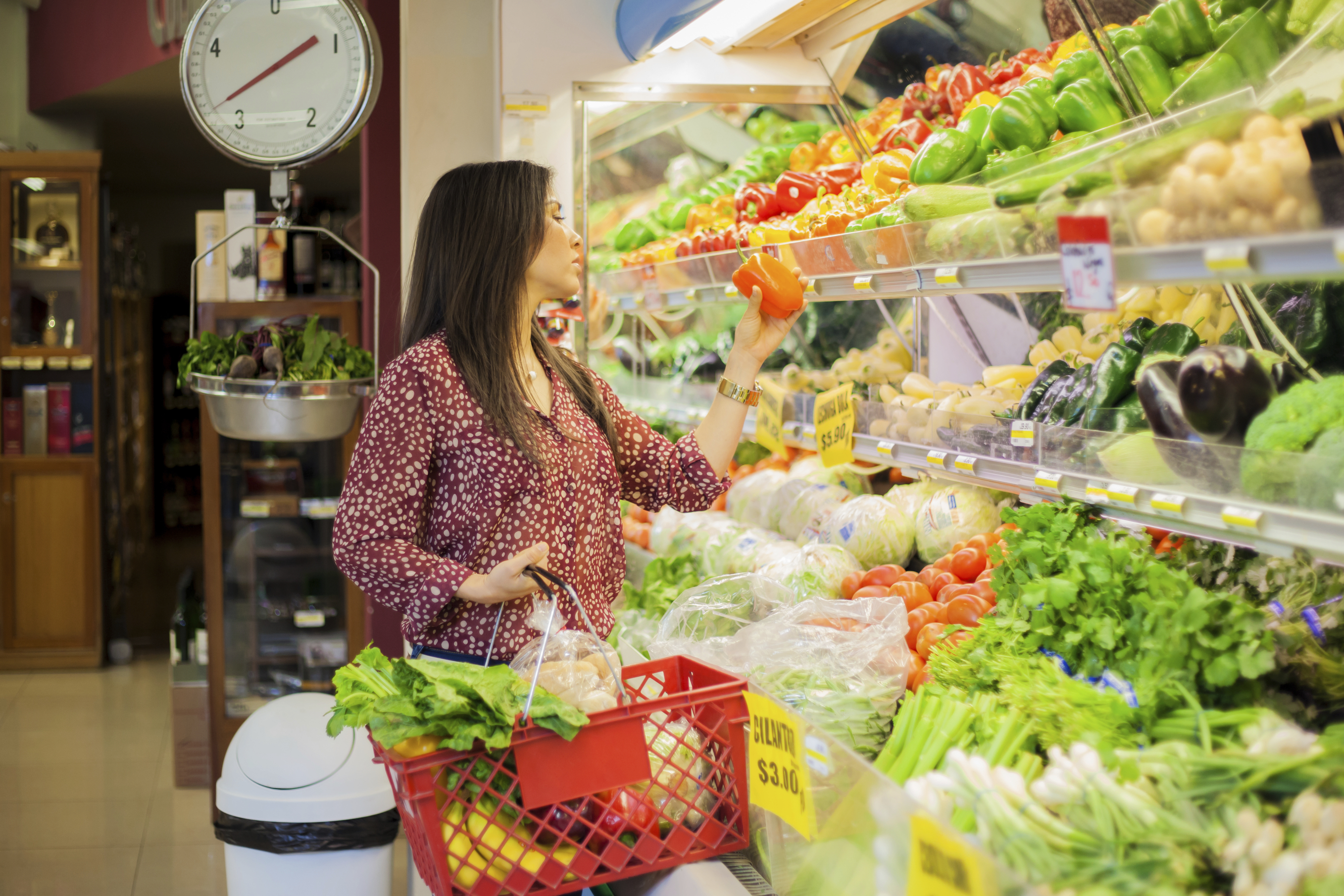Britain’s farmers’ unions have told the Government that primary producers are still subject to unfair trading practices and need more protection from supermarkets and other retailers, .
Their views are contained in a consultation on the role of the UK’s Groceries Code Adjudicator (GCA) and what could be done to improve relationships in the grocery supply chain.
In its response to the consultation NFU Scotland (NFUS) said that good progress had been made in the relationships between supermarkets and their suppliers since the formation of the GCA. However the union also said producers were still being subjected to delays in payments and short notice changes to supply agreements.
NFUS policy manager John Armour said issues differed across the sectors of Scottish agriculture, but farmers, growers, and crofters all believed that more should be done to prevent the impact of unfair trading practices on farm.
“They continue to be concerned that negative behaviour continues to be common with some retailers. The GCA currently only regulates the 10 largest supermarkets, and members are keen to see its remit extended to a far wider number of retailers,” he said.
The English NFU told the consultation that the principles of the agri-sector’s voluntary codes of practice, such as the Dairy and Livestock Voluntary Code, should be made compulsory and overseen by the GCA to give them more teeth.
“This will give primary producers the confidence that the supply chain is not abusing their buying power and position over that of the British farmer,” said NFU president Meurig Raymond.
And Dairy UK, the trade association that represents the interests of producer co-ops, milk processors, dairy farmers and bottle milk buyers, said it supported proposals to extend the remit of the GCA to cover smaller retailers and the food service. However the association was adamant the GCA’s remit should not be extended to cover relations between dairy farmers and milk purchasers.
In its submission, Dairy UK claims UK dairy markets do not operate outside European norms and, in most regions of the UK, the market for raw milk is competitive without any one purchaser being able to exercise market dominance.
It adds: “As a result, there are no instances of milk purchasers being able to set prices that are in opposition to the prevailing market trend.”
Results from the GCA annual survey show that both Tesco and Iceland have improved the most in changing their trading practice over the past 12 months. Tesco improved from 37% in 2015 compliant with GSCOP, to 65% in 2016 and Iceland from 3% to 26% compliant. Morrisons ranked bottom of the league table when comparing all retailers overall assessment of compliance with the Code. Aldi and Sainsbury’s were top.










